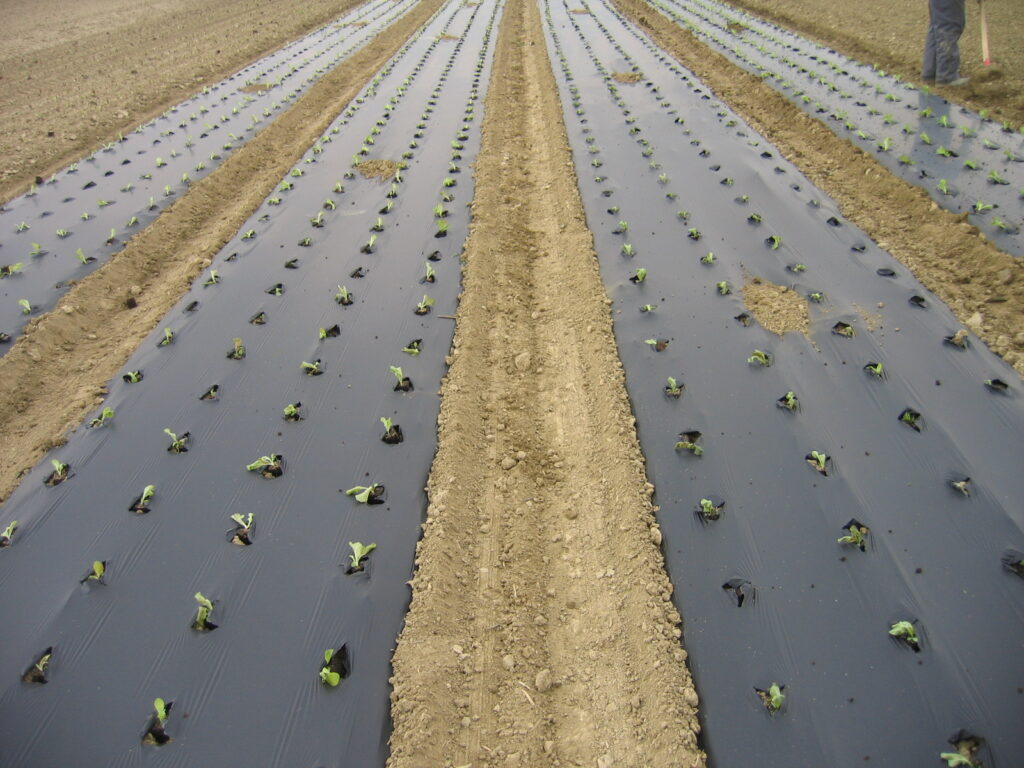Within the framework of the BBI-JU Funguschain Project, the industrial context of Monaghan Mushrooms (MM) has provided the basis to design a biorefinery model aimed at the valorization of intermediate products derived from mushroom waste which can be further valorized into a variety of biobased products for different application sectors.
These waste residues are nonetheless rich in proteins, fermentable sugars, glucans, chitosan-derivatives which are being converted into high-value sustainable and renewable intermediates and then validated for commercial exploitation through the development of selected biobased products in key industrial sectors represented by different Partners of the BBI-JU Funguschain Consortium.
Novamont, international leader in the bioplastics sector and in the development of biochemicals, is one of the 16 EU Partners of the Project and promote a model of sustainable agriculture based on the cascading use of vegetable raw materials and the development of solutions to help solve specific environmental problems.
In the project, Novamont is actively engaged in the valorization of the intermediates isolated from the mushroom waste by both developing novel biobased and biodegradable materials and by evaluating value chains and business cases.
In order to provide a concrete valorization of the products developed within BBI-JU Funguschain in synergy with the rural and agroindustrial context of Monaghan Mushroom surroundings, Novamont’s effort has been directed to developed novel bioplastics biodegradable in soil for agricultural film applications.
Such application could have a large impact when it comes to the 2030 Agenda for Sustainable Development, adopted by all United Nations Member States in 2015. This agenda provides a shared blueprint where environmental priorities and aspirations for 2030 are defined at a global level and efforts are made to mobilize efforts to achieve a series of common objectives and targets, known as Sustainable Development Goals (SDGs). The SDGs explicitly require the entire manufacturing world to apply creativity and innovation to solve the challenges of sustainable development.

A study on Novamont’s biodegradable in soil mulch film, shows that the use of these films in agriculture can help and achieve 8 of the 17 United Nations sustainable development SDGs.
In particular, thanks to their certified biodegradability in soil, the films have no ecotoxic effects in the end of life environment (soil) and avoiding the accumulation of non biodegradable plastics in soil as well as reducing the risk of dispersion into the aquatic environment (SDGs 14 and 15). It improves also accessibility to safe, nutritious and sufficient food all year round (SDG 2) when used to grow crops and combat climate change and its impacts (SDG 13) by reducing the “cradle to grave” environmental performance.
The novel Funguschain bioplastics biodegradable in soil for mulch films developed by Novamont could be a valuable ally to meet several SDGs in synergy with an innovative food agroindustry such as Monaghan Mushrooms and an agricultural world increasingly attentive to environmental issues.
Source
BBI-JU Funguschain, press release, 2020-06-29.
Supplier
BBI-JU Funguschain
Bio-based Industries (BBI) Joint Undertaking
Monaghan Mushrooms
Novamont S.p.A.
Share
Renewable Carbon News – Daily Newsletter
Subscribe to our daily email newsletter – the world's leading newsletter on renewable materials and chemicals









